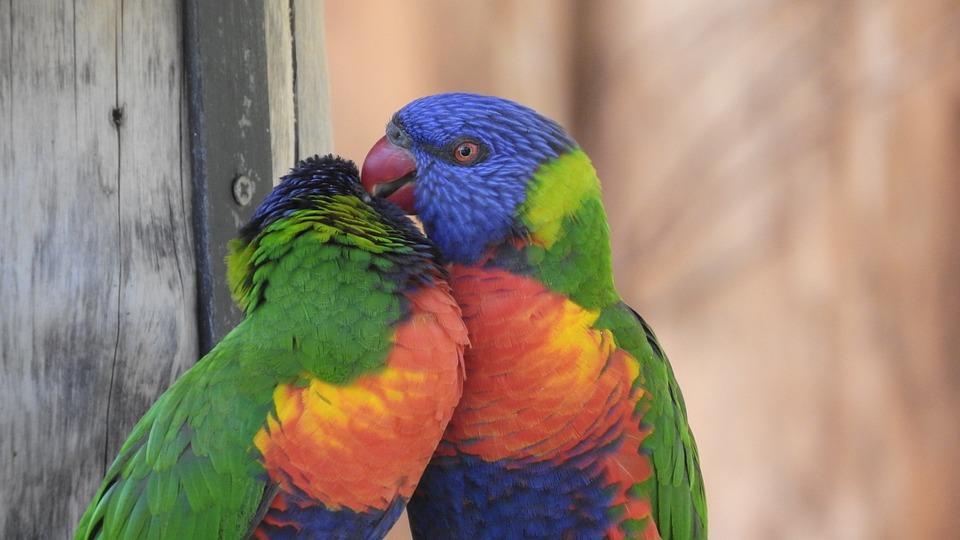Parrots are known for their intelligence, beauty, and unique ability to mimic sounds. However, they can also exhibit territorial behavior, especially when it comes to interacting with other birds. If you’re a parrot owner looking to discourage territorial behavior in your feathered friend, this article is for you. We will delve into effective training techniques that can help you establish a more harmonious environment for your parrot and address common questions about parrot behavior and training.
Understanding Territorial Behavior in Parrots
Parrots, being social creatures, naturally establish territories and defend them against perceived threats, including other birds. Territorial behavior can manifest in various ways, such as aggressive posturing, vocalizations, biting, or even attacking other birds. Understanding the underlying reasons for this behavior is crucial in addressing and discouraging it effectively.
Training Techniques to Discourage Territorial Behavior
1. Socialization: Introducing your parrot to other birds gradually and in a controlled environment can help them become more accustomed to the presence of others. Start by allowing visual interaction between cages or arranging supervised playdates.
2. Positive Reinforcement: Rewarding your parrot for desirable behavior and ignoring or redirecting negative behavior is key to discouraging territorial tendencies. Whenever your parrot remains calm and relaxed in the presence of other birds, offer treats, praise, or a favorite toy to reinforce positive associations.
3. Environmental Enrichment: Create a stimulating and enriching environment for your parrot with plenty of toys, perches, and safe spaces. This will help divert their attention from territorial disputes and channel their energy toward engaging activities.
4. Gradual Exposure: If your parrot displays extreme territorial behavior, start by exposing them to other birds at a distance. Gradually decrease the distance over time, ensuring that your parrot remains calm and comfortable. This gradual exposure helps desensitize them to the presence of other birds.
5. Professional Help: If your parrot’s territorial behavior persists or becomes increasingly aggressive, seeking guidance from an avian behaviorist or an experienced avian veterinarian is highly recommended. They can provide personalized advice and help address any underlying issues that may be contributing to the behavior.
FAQs about Parrot Territorial Behavior and Training
Q: Can all parrot species display territorial behavior?
A: Yes, territorial behavior can be observed in various parrot species, although the extent and intensity may vary.
Q: Are there any specific signs to identify territorial behavior in parrots?
A: Yes, signs of territorial behavior may include aggressive posturing, lunging, biting, excessive vocalizations, or attempting to chase away other birds.
Q: How long does it take to discourage territorial behavior in parrots?
A: The time required to discourage territorial behavior in parrots can vary depending on the individual bird and the consistency of training. It may take weeks or even months to see significant improvements.
Q: Can neutering or spaying a parrot help reduce territorial behavior?
A: Neutering or spaying a parrot is not a common practice but may be considered in extreme cases under the guidance of an avian veterinarian. However, it is important to note that this procedure may not guarantee a complete elimination of territorial behavior.
Q: Is it possible for parrots to coexist peacefully with other birds?
A: Yes, with proper training, socialization, and gradual exposure, parrots can learn to coexist peacefully with other birds, fostering a more harmonious aviary environment.
By implementing these training techniques and understanding your parrot’s natural instincts, you can encourage a more amicable and sociable demeanor in your feathered companion. Remember, patience, consistency, and positive reinforcement are essential when working with parrots. Seek professional help if needed, and soon you’ll witness the transformation of your parrot into a more well-adjusted and socially adept bird.









